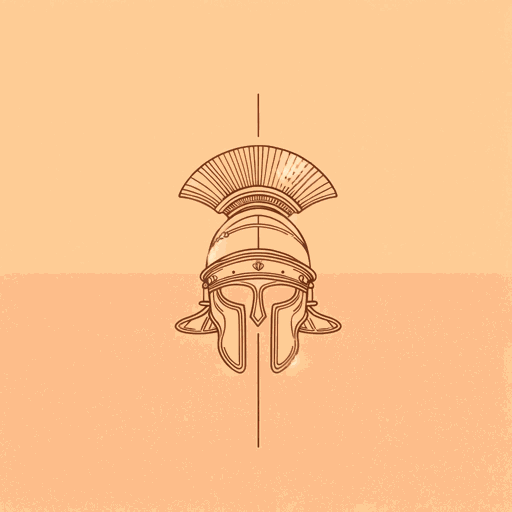84 pages • 2 hours read
Niccolò MachiavelliThe Discourses
Nonfiction | Book | Adult | Published in 1531A modern alternative to SparkNotes and CliffsNotes, SuperSummary offers high-quality Study Guides with detailed chapter summaries and analysis of major themes, characters, and more.
Introduction-Book 1, Chapter 30Chapter Summaries & Analyses
Introduction Summary
Niccolò Machiavelli (1469-1527) begins his work for the government of Florence, Italy in 1498 during a time of political upheaval and cultural innovation. He becomes a diplomat who serves, among others, the Medici family; he is exiled in 1513 and begins his career as an author with the Discourses on Livy and his most famous book, The Prince.
Machiavelli’s approach to writing is, like most Renaissance authors, heavily influenced by classical Roman and Greek thinkers, who are widely held to be wiser than later peoples. Machiavelli often compares ancients’ political techniques with those of Renaissance Italy, showing how the moderns come off poorly in comparison.
Those who favor republican forms of government in Renaissance Italy look to ancient historian Livy’s history of Rome, which contrasts a virtuous Roman Republic—led by heroic statesmen—with the imperial tyranny that follows. Between 1495 and 1513 republican governments rule Florence, only to be overthrown by the Medici family, who establish a dictatorship. Machiavelli sympathizes with the republicans; he is tortured and exiled.
Because The Prince is a book of advice to a tyrant, Machiavelli appears to be an advocate of dictatorship, yet his other works, especially the Discourses on Livy, reveal his republican leanings.


